Last year, I met playwright Anchuli Felicia King and performer Adam Cooper-Terán, along with the collective performance group Complex Movements, at the FOLDA Festival’s Digital + Performance Convening. The multiday event, co-produced by HowlRound and SpiderWebShow, invited conversation and questions around the ethics, content, and interconnectedness between digital content and performance, and these attendees shared new ideas about embodiment, ritual, social justice, and globalization that profoundly changed the way I thought about art-making.
In this virtual moment, I look to their voices, along with those of my collaborators Todd Anderson, Miller Puckette, and Martim Galvão, and the amazing performer Onyx Ashanti. How are they considering this high-speed communication highway as intrinsic to, part of, and an actor in our global moment? How are they working on expanding, experimenting with, and taking care of this new universe? How do they not take for granted this space but force it to reveal itself—the good, the bad, and the ugly—before humans and artists commit further to a symbiotic art-making and life-altering relationship? Can unpacking the internet be a bellwether for how we all can unpack and restructure our society and our organizations? Can we reconceptualize our relationship to the internet by dismantling, questioning, and addressing the internet in our creative work? I’ve curated this series in hopes that we can start considering some of these questions together.
As the conversations in this series unfold, let us celebrate that while it is only this internet-entity that makes this series possible, it is human collaboration with intention and connection that makes it meaningful.
Unpacking and Examining the World Wide Web
This series, comprised of conversations between Anchuli and Adam, Todd and Martim, and Miller and Onyx, aims to spark discussion around how we as artists must hold, mold, and consider the collectively made internet object-universe. It moves from a cross-continental conversation concerning mediation, revelation, and global politics to close collaborators taking on context collapse and the performance of identity online, and beyond.
In the first conversation, Martim, a multimedia composer, and Todd, a digital poet and software engineer—both part of h0t club, the intermedia performance art group—delve into the World Wide Web as performance space in and of itself. Specializing in playful muzakal examination of corporate hegemony, storytelling, and the digital interfaces of our everyday, these two unpack the unconscious “performance” and emotional journey of internet browsing, mixtapes, Todd’s new performance software HitchHiker, Amazon.com, and building websites for performance.
Next up is a conversation with writer, dramaturg, musical artist, and intermedia performer Anchuli, whose work has been seen globally, and visual and sonic artist Adam, whose multimedia rituals and storytelling originates from and within their transcultural standpoint between Mexico and Arizona. The two artists dive into the medium of the internet, which has been and is one of their primary dramaturgical partners, and unpack how and why they treat it as “an original collaborator in their work” as the global becomes the personal.

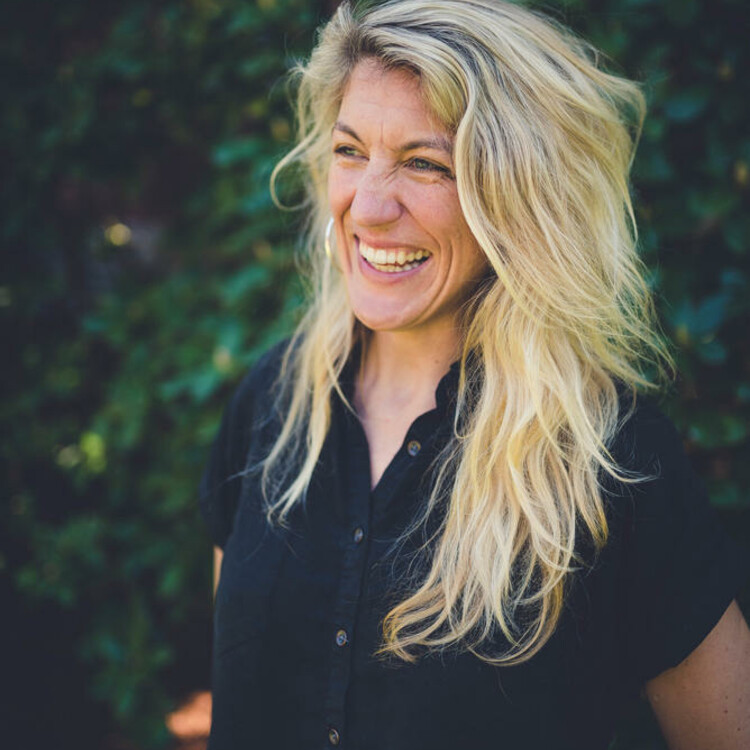
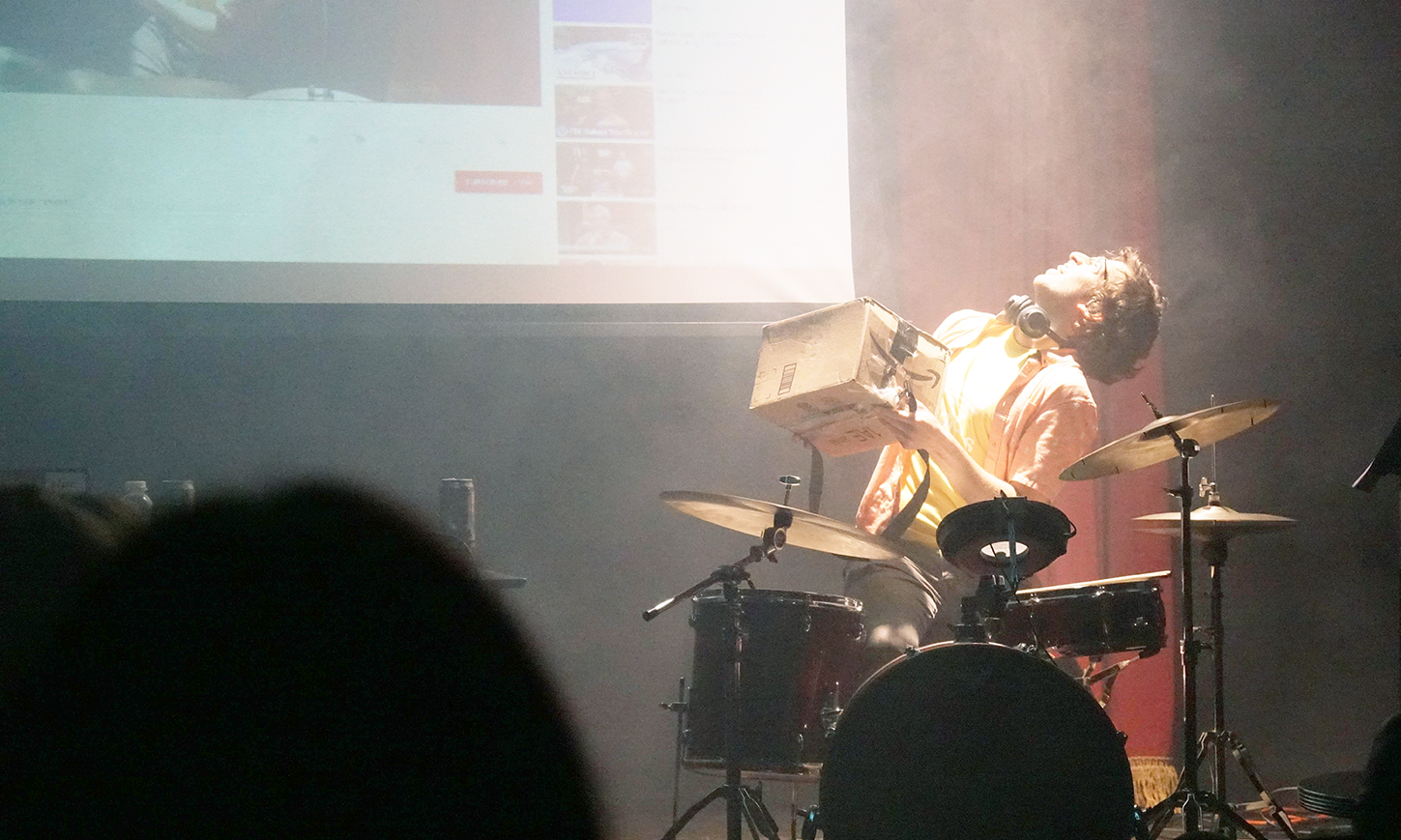

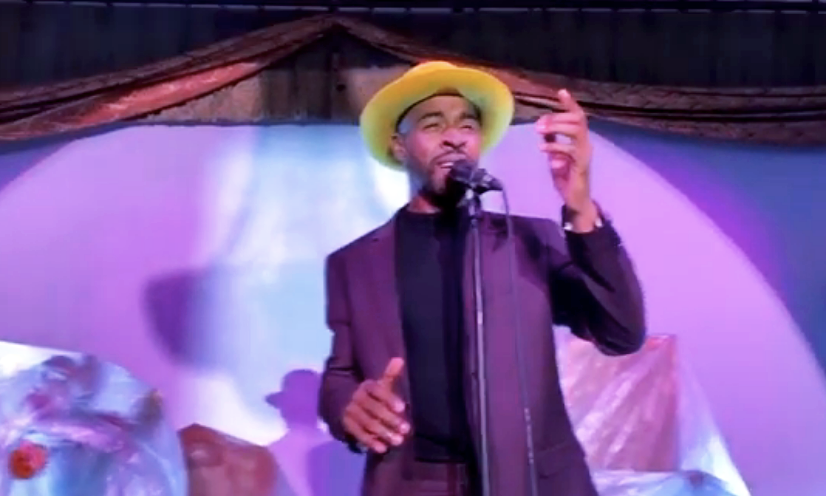
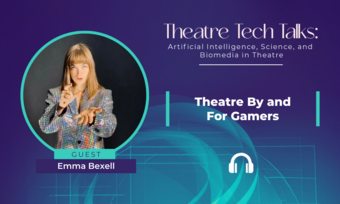


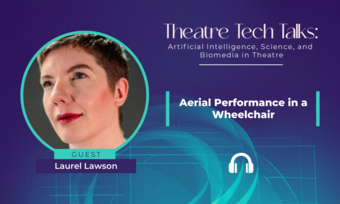

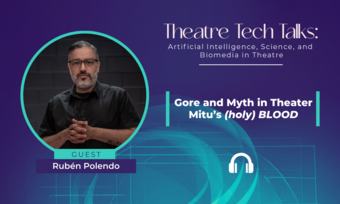

Comments
The article is just the start of the conversation—we want to know what you think about this subject, too! HowlRound is a space for knowledge-sharing, and we welcome spirited, thoughtful, and on-topic dialogue. Find our full comments policy here